Usually, as summer approaches, mushroom sales slow right down. "From when asparagus arrives in greater numbers until September, sales normally decline somewhat. This year, however, due to inflation, supermarkets are selling even fewer mushrooms than in other years. Sales to restaurants and food service continue well," says Maurice Koppen of Oakfield Champignons in the Netherlands.
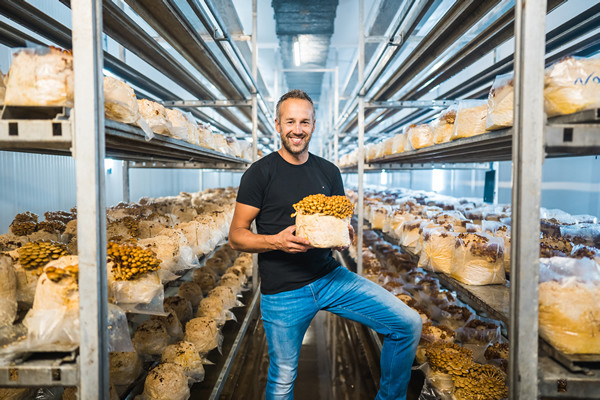
He considers the lower store sales - that applies to the entire fruit and vegetable line - unusual. "During the pandemic, fruit and vegetable consumption rose significantly. Now, people seem to be more budget conscious. It isn't only specialties and organic mushrooms suffering, but white and chestnut mushrooms, too. German supermarket mushroom sales are holding up best because those prices haven't increased as much as in other countries."
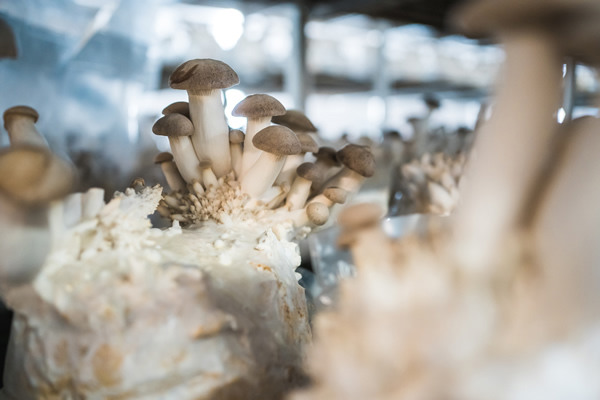
According to Maurice, mushroom sales and demand are quite well balanced despite the decreased sales. "Market production is even closer to demand. Even more summer reductions are being done, so there are limited surpluses. Also, more farms have stopped, contributing to the lower supply," he says.
"I think, due to skyrocketing costs and a lack of succession, even more will stop. Although energy costs have fallen, labor and raw material costs remain particularly high; they're even increasing. On balance, that makes for a far higher cost price than in other years."
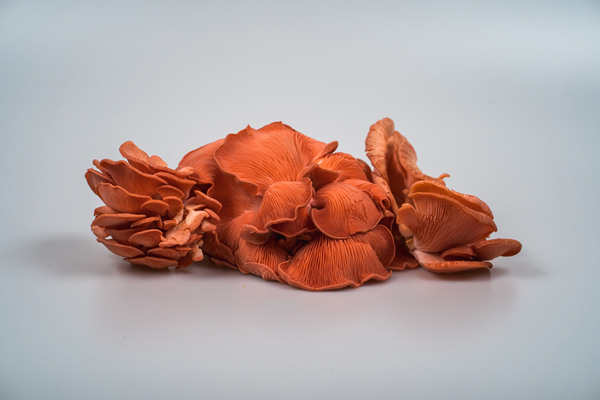
"These high costs are partly why more innovation than ever is being used to reduce labor through smart cultivation systems and automation," Maurice explains. "The canning and freezing sectors have already largely been automated. There are also many initiatives on the fresh market, but, as yet, no ingenious solution has been found for this sticky situation."
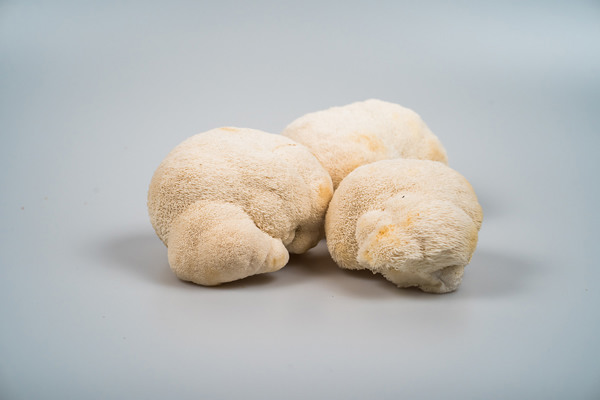
Oakfield is hard at work expanding its cultivation. It recently added, for example, maitake, pompom, golden, and pink oyster mushrooms to its assortment. "We're also putting a lot of effort into processed products, such as sliced and mixed mushrooms," Maurice concludes.
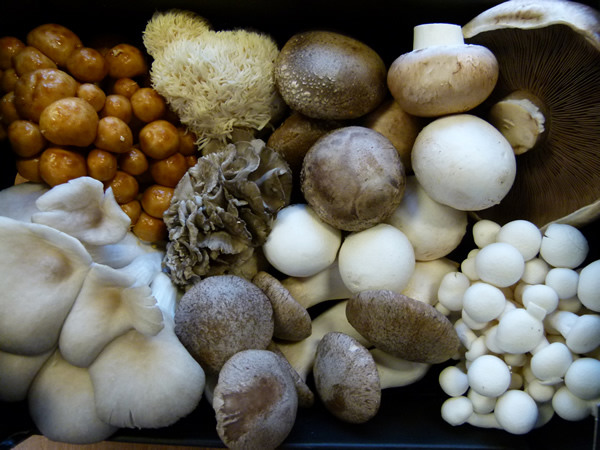
 For more information:
For more information:
Maurice Koppen
Oakfield Champignons
1 Locht Street
6039 RV, Stramproy, NL
Tel +31 (0) 495 564 113
Email: maurice@oakfield.nl
Website: www.oakfield.nl
